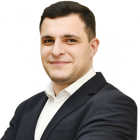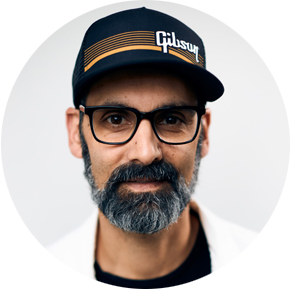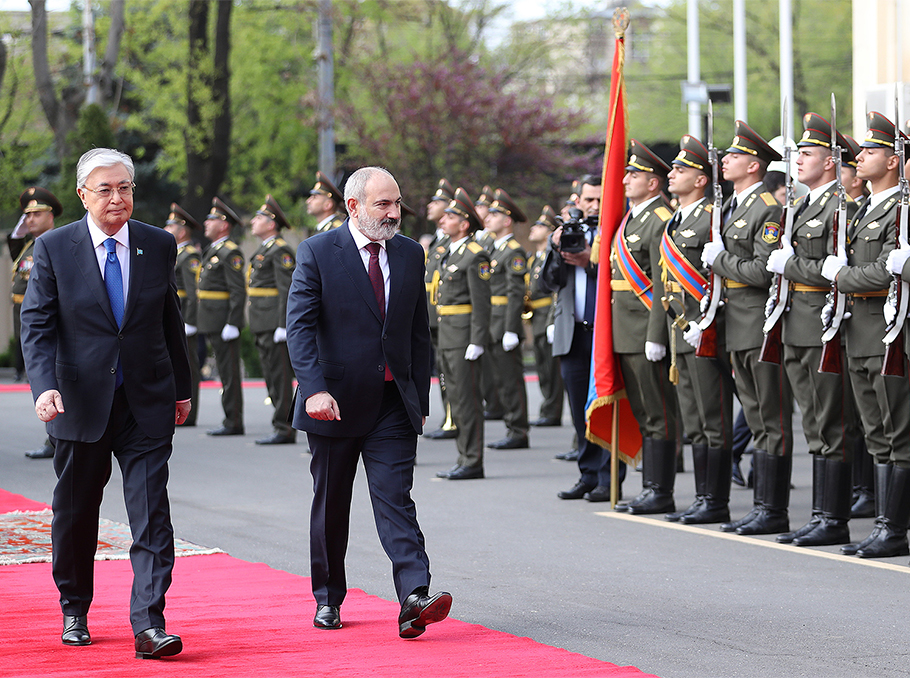On January 27, Yerevan, Los Angeles and London simultaneously hosted the presentation of “Armenians in 2115: Strategic Directions for the Twenty-First Century” report which outlines the challenges and goals that the Armenian people will be faced with in future.
The Armenian and English versions of the report are available on the internet.
The report was worked out by Calouste Gyulbenkyan Foundation’s Armenian Communities Department following the results of a seminar in Lisbon in October 2014 which hosted
intellectuals, scholars and experts.
Samuel Samuelyan, Portugal's Honorary Consul to Armenia, journalist Mark Grigoryan and Deputy Head of IDeA Foundation, 100 LIVES Project Manager Arman Jilavyan took part in the discussion in Yerevan.
Mediamax highlighted the most interesting thoughts expressed at the discussions.
Mark Grigoryan
This report is about who are we and where are we in the world and how will we develop.
In the present-day Armenia, we don’t know what Turkey is. We don’t know where the country is and where it is going. When we are thinking about the Armenian Genocide, we are thinking about these events, like there is no Turkey at all, no Turkish people, civil society, intellectual with whom we can talk to. We don’t know how civil society in Turkey operates which is, I think, a big gap in today's Armenian understanding. We need professionals talk to each other and to come to common solutions.
Photo: Mediamax
I have no idea why Armenian teachers can’t talk to Turkish teachers, doctors to doctors, artists to artists. Last year, Tigran Mansuryan's compositions were played in Istanbul, which was a very important step. Will we follow that step, will we continue engagement, pressing this engagement from Armenian point of view is up to us.
I think you can’t stop being Armenian. When it is in the blood, you can’t avoid that. The thing is that Diasporas are changing. We have a new wave of Diaspora coming from Armenia and going mainly to Russia. Where does Russian Diaspora fit in our understanding of Armenian Diaspora in the world? Where do this new wave of diasporas fit into Western diasporas?
Diasporas can come to Armenia and go back. Armenians living here can become Diaspora and come back to Armenia to celebrate the new year. It’s not like it was in Soviet Union. When we are thinking about Diasporas, we are using old definitions and understandings. It is very different now. People can freely move now. Where do we move, why do we move? What's uniting our diasporas in different countries? What is uniting them with us, people living in Armenia? These are the questions we are trying to ask and which need very serious research to be answered. We don’t have this research nowadays, we need it.
Arman Jilavyan
This is an issue about the sense of ownership or absence of ownership. If we as Armenians, living in Armenia and in Diaspora, do we feel, act, understand and accept us as the owners of global Armenian world? We lost the sense of ownership, specifically ownership of our destiny, our life, and probably all together the most important thing we need to do and understand is that we own our world.
Photo: Mediamax
I think the identity is a mirror and reflection of ownership, and there is an important need for Armenians to own our reality, our heritage, our country and problems. This kind of discussions one of the main motivations behind this is building and strengthening the sense of responsible ownership, which will lead to more prosperity for entire nation.
Samuel Samuelyan
With regard to those people who leave Armenia, the only thing Armenian organizations can do is to specialize in specific industries, get specialists to stay in those industries. For example, there is growing sector of IT, Green House industry. These are sectors that can attract people to work and to stay in Armenia. It is quite difficult on the organizational or individual level to convince people to stay in Armenia, but step by step it is possible to attract people to stay.
Photo: Mediamax
Regarding Armenia and Armenian Diasporas engagement, we would like future where they will become support mechanisms of each other. The future should go with support scenarios for each other. It is very important that organizations like RepatArmenia, Birthright and others bring young Armenians from different parts of the world to Armenia. It is very important to open their eyes what Armenia is and to move pink glasses. Interaction is the best solution.
Yekaterina Poghosyan
Mediamax conducted interviews with several participants of the seminar held in Lisbon in 2015 which you can read on the links below:
Noubar Afeyan’s interview
Vicken Chiteryan’s interview
Mark Grigoryan’s interview
Avetik Chalabyan’s interview
Ruben Vardanyan’s interview
Razmik Panossian’s interview
Gerard Libaridian’s interview

























Comments
Dear visitors, You can place your opinion on the material using your Facebook account. Please, be polite and follow our simple rules: you are not allowed to make off - topic comments, place advertisements, use abusive and filthy language. The editorial staff reserves the right to moderate and delete comments in case of breach of the rules.